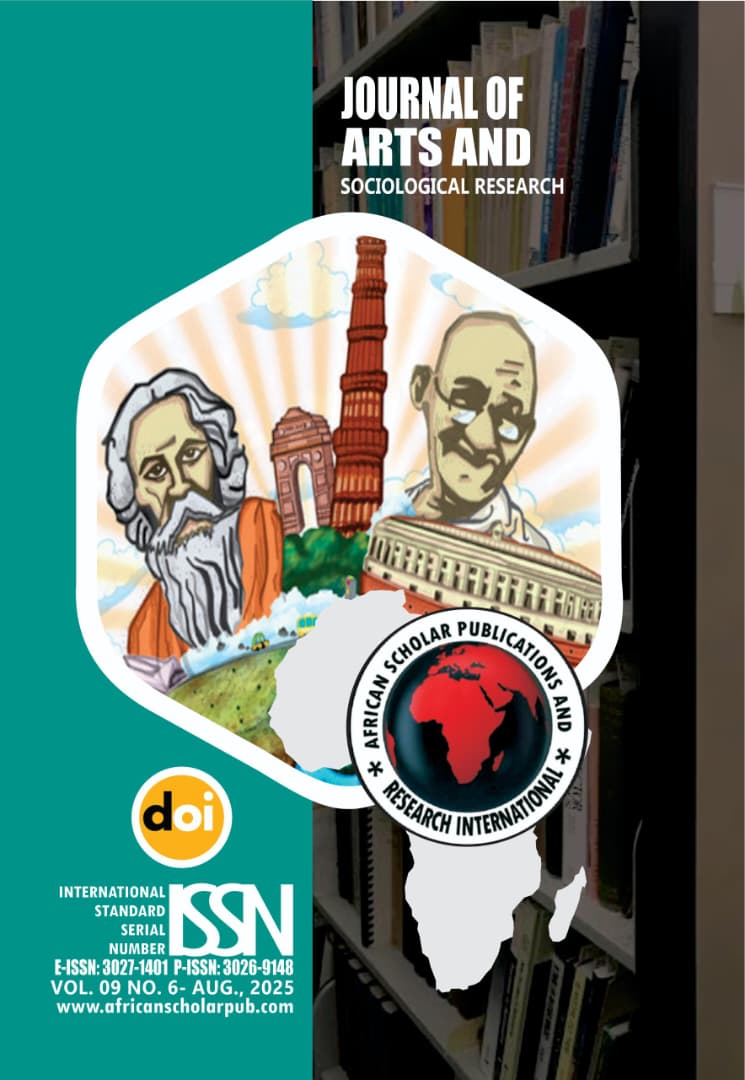Insecurity and Its Implications for Development in Nigeria: An Assessment
Abstract
This article examines the pervasive issue of insecurity in Nigeria and its profound implications for national development. Insecurity in the country is multifaceted, stemming from poverty, unemployment, corruption, weak governance, and ethno-religious divisions. The paper argues that these structural deficiencies have created an enabling environment for insurgency, terrorism, and violent crimes, with groups such as Boko Haram and Niger Delta militants exemplifying the security crisis. The analysis draws on both theoretical and empirical perspectives to highlight how leadership failure, institutional collapse, and mismanagement of national resources have compounded the insecurity challenge, thereby perpetuating underdevelopment. The discussion underscores that security is a prerequisite for development, as no nation can achieve sustainable growth without peace and stability. Nigeria’s experience demonstrates that violent conflicts and insecurity disrupt economic activities, deter foreign investment, and divert critical resources from developmental programs to security operations. The study also explores policy implications, advocating for a shift from militarized responses to strategies rooted in dialogue, justice, and inclusive governance. It emphasizes the importance of social justice, tolerance, and unity as fundamental values for promoting peaceful coexistence in a multicultural society. The article concludes by asserting that tackling insecurity in Nigeria requires addressing its root causes rather than its symptoms. This involves strengthening institutions, enforcing the rule of law, creating economic opportunities for youth, and fostering national cohesion.
Keywords:
An Assessment, Insecurity, Development, Nigeria, Policy ImplicationsDownloads
Downloads
ACCESSES
Published
Issue
Section
License
Copyright (c) 2025 Shehu Usman Ali, Jamilu Ibrahim Mukhtar (Author)

This work is licensed under a Creative Commons Attribution 4.0 International License.


















